The only way to avoid being unhappy is to close yourself up in art and to count for nothing all the rest
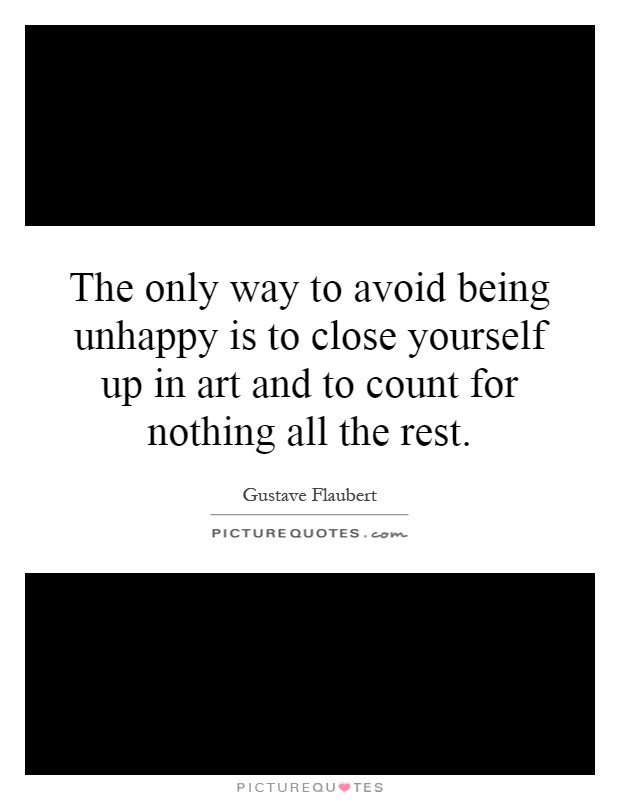
The only way to avoid being unhappy is to close yourself up in art and to count for nothing all the rest
Gustave Flaubert, a renowned French novelist, is often associated with the quote, "The only way to avoid being unhappy is to close yourself up in art and to count for nothing all the rest." This statement reflects Flaubert's belief in the power of art as a means of escape and solace in a world filled with suffering and disappointment.Flaubert himself found refuge in his art, pouring his emotions and experiences into his writing. His most famous work, "Madame Bovary," is a testament to his belief in the transformative power of art. Through his characters and their struggles, Flaubert explores the complexities of human nature and the ways in which art can provide a sense of catharsis and understanding.
For Flaubert, art was not just a means of self-expression, but a way of transcending the limitations of everyday life. By immersing oneself in art, one could find a sense of purpose and fulfillment that was often lacking in the mundane realities of existence. In this sense, Flaubert believed that art had the ability to elevate the soul and provide a sense of meaning and beauty in a world that was often cruel and unjust.
However, Flaubert's statement also reflects a certain sense of detachment from the world. By advocating for the primacy of art over all else, Flaubert suggests that one must turn away from the distractions and disappointments of everyday life in order to find true happiness. This attitude can be seen as somewhat nihilistic, as it implies that the only way to avoid suffering is to retreat into a world of one's own creation.

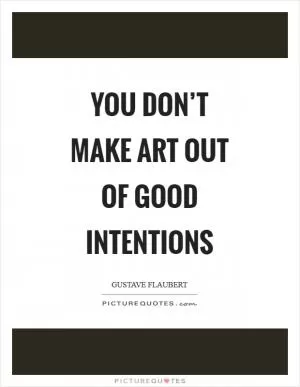
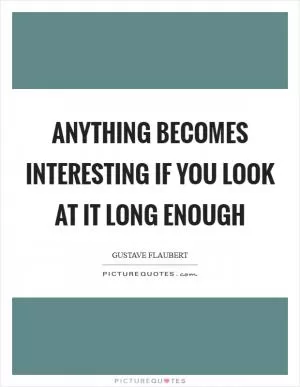
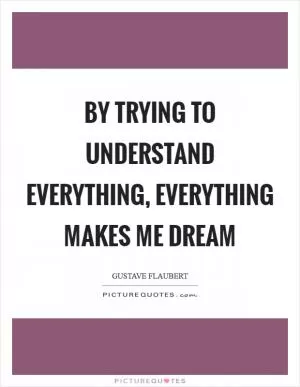
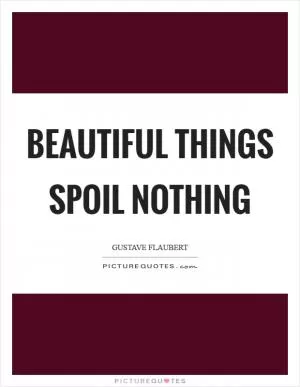
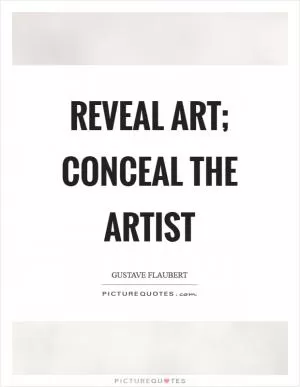

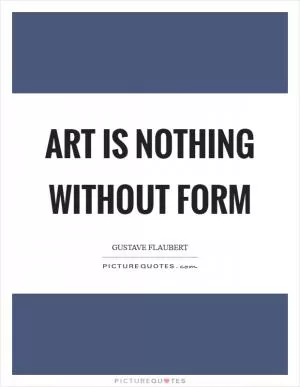
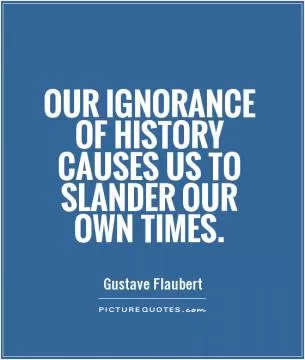
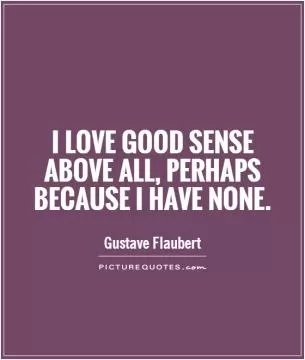
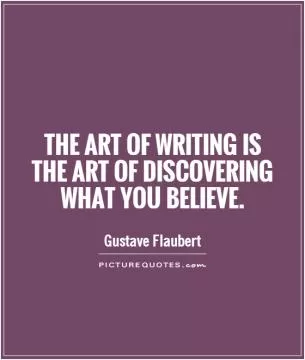

 Friendship Quotes
Friendship Quotes Love Quotes
Love Quotes Life Quotes
Life Quotes Funny Quotes
Funny Quotes Motivational Quotes
Motivational Quotes Inspirational Quotes
Inspirational Quotes